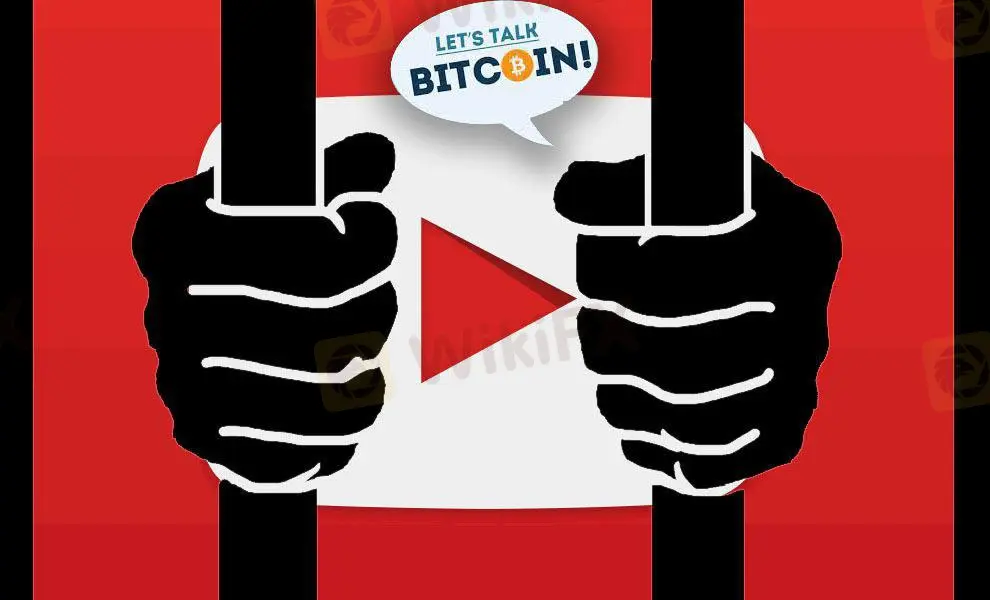简体中文
繁體中文
English
Pусский
日本語
ภาษาไทย
Tiếng Việt
Bahasa Indonesia
Español
हिन्दी
Filippiiniläinen
Français
Deutsch
Português
Türkçe
한국어
العربية
US courts say Apple co-founder Steve Wozniak can’t blame YouTube for Bitcoin scams
Abstract:US courts say Apple co-founder Steve Wozniak can’t blame YouTube for Bitcoin scams

Steve Wozniak now has 30 days to revise his lawsuits against YouTube over being “unresponsive” in deleting fraudulent videos.
A California state judge has ruled that Steve Wozniak, a co-founder of tech giant Apple, cant sue YouTube over Bitcoin scam videos that used his image, Bloomberg reported today.
In his lawsuit, filed last July, Wozniak stated that some unknown malicious actors had used photographs and videos of him in an attempt to steal Bitcoin from YouTube users. The scam itself was a “tried and true” fraud that asked users to send some crypto to receive twice as much back.
“But when users transfer their cryptocurrency, in an irreversible transaction, they receive nothing back,” Wozniak said in his lawsuit at the time.
Section 230 wins again
He also argued that Section 230 of the Communications Decency Act, which shields Internet platforms from any responsibility for the content posted by their users, should be applied in this case.
This is because not only YouTube was “unresponsive” to Wozniaks requests to take down the fraudulent videos, but also “materially contributed” to scammers by placing target ads and verifying the bogus channels.
Notably, the videos also used names and images of other well-known personalities such as Microsoft co-founder Bill Gates and Tesla CEO Elon Musk, per the lawsuit.
However, Santa Clara County Superior Court Judge Sunil R. Kulkarni said that Wozniak‘s arguments weren’t enough to bypass Section 230. Thus, the judge ordered that YouTube retains its immunity from the lawsuit. Still, Wozniak was given 30 additional days to revise his complaint.
Impersonation scams galore
Images of famous “big tech” people are often used by scammers to defraud their unsuspecting victims. In mid-March, for example, an “Elon Musk” Bitcoin giveaway scam on Twitter resulted in one user losing 10 Bitcoin, worth more than $550,000 at the time.
Meanwhile, 2021 is already shaping up to become a record-breaking year for crypto giveaway scams.
“We dont have any data to explain it, but it could be related to the wider Bitcoin market. When the Bitcoin price goes up, people go crazy and a lot of them are new to the market and they want this idea of quick money,” Frank van Weert, the founder of Whale Alert, explained to the BBC earlier this year.


Disclaimer:
The views in this article only represent the author's personal views, and do not constitute investment advice on this platform. This platform does not guarantee the accuracy, completeness and timeliness of the information in the article, and will not be liable for any loss caused by the use of or reliance on the information in the article.
Read more

Bitcoin hovers below $50K after weekend wipeout – Crypto Roundup, Dec 6, 2021
Global market jitters spread to crypto at the weekend, with Bitcoin falling to $42K before bouncing to almost $50K.

Bitcoin (BTC/USD) Surges Back to Multi-Month Highs on Renewed ETF Chatter
Bitcoin futures ETF – when not if? Bitcoin all-time high likely to be tested soon.

Can Bitcoin (BTC) rise faster than Binance Coin (BNB) and Cardano (ADA)?
The market has slightly increased after a fall, and only some coins are in the red zone.

Bitcoin Cash Price Prediction
Pair Holds Steady After BCH SV 51% Attack
WikiFX Broker
Latest News
Interactive Brokers Launches Forecast Contracts in Canada for Market Predictions
Authorities Alert: MAS Impersonation Scam Hits Singapore
INFINOX Partners with Acelerador Racing for Porsche Cup Brazil 2025
Billboard Warns of Crypto Scams Using Its Name – Stay Alert!
The Impact of Interest Rate Decisions on the Forex Market
STARTRADER Spreads Kindness Through Ramadan Campaign
Rising WhatsApp Scams Highlight Need for Stronger User Protections
A Trader’s Worst Mistake: Overlooking Broker Reviews Could Cost You Everything
How a Housewife Lost RM288,235 in a Facebook Investment Scam
The Daily Habits of a Profitable Trader
Currency Calculator







